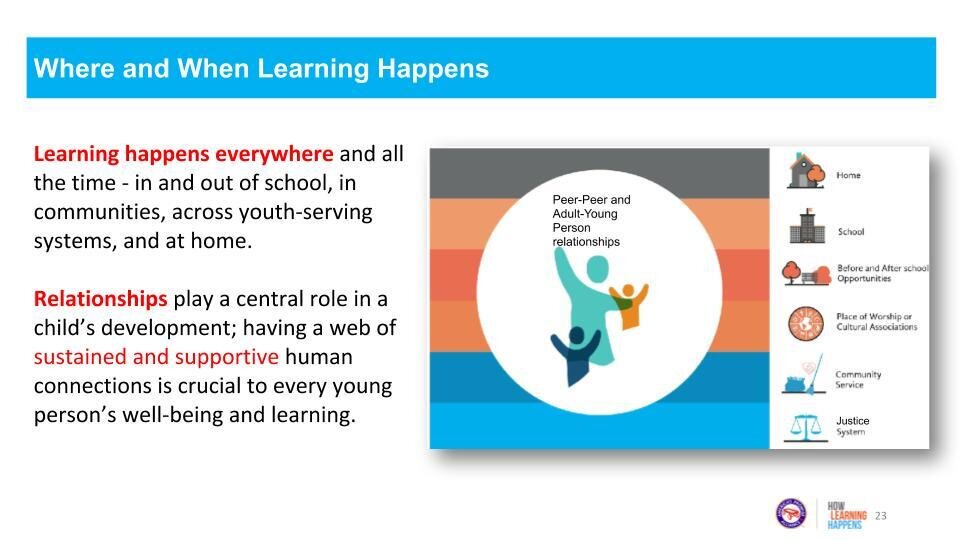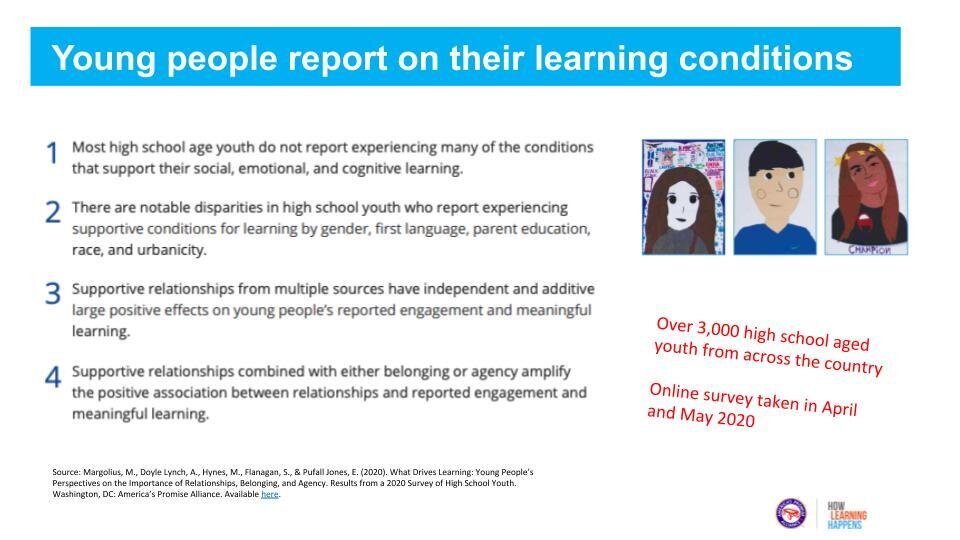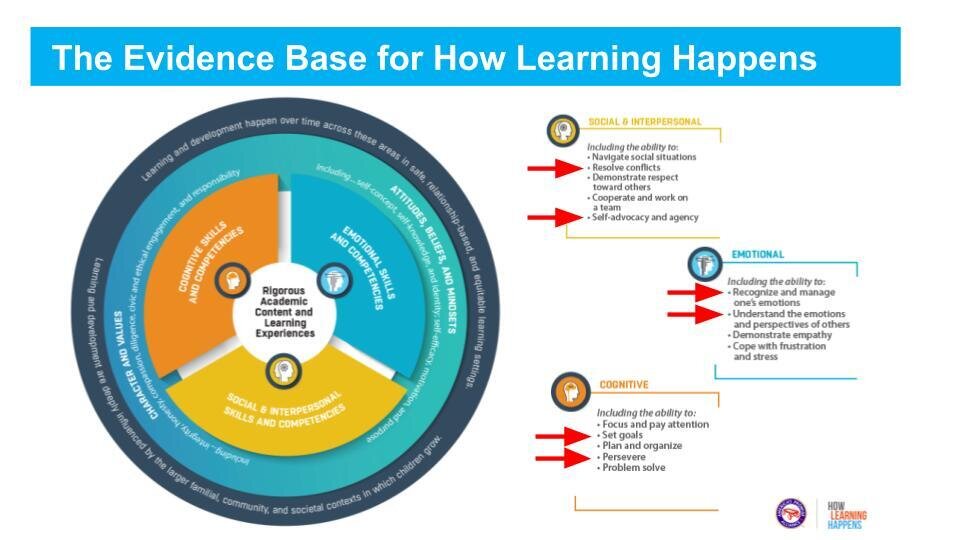Learing @ Home Series #4: Recap and Highlights!
PPS-SF was proud to host our fourth Learning @ Home event on October 1st!
We at PPS-SF were excited to see such a great turnout at our last workshop. We were proud to test out new interpretation tools through Zoom to better assist our Cantonese and Spanish speaking parents, and our facilitated discussions were filled with fantastic information from our guest speakers and parents.
We began with an introduction to our PPS-SF team and listened to our guest speakers, Dr. Vincent Matthews and Tara Kini, followed by a panel of individuals from within the SFUSD community.
Both Dr. Matthews and Ms. Kini spoke about recent policies and recommendations regarding distance learning. Parents were encouraged to share any questions or comments they had regarding the current state of affairs in the San Francisco Unified School District. Vincent Matthews, SFUSD Superintendent, outlined the district’s intentions for what a hybrid model of instruction could look like. He also talked about the district’s plan for safely distributing technology to parents and students in need. He emphasized safety and ensured parents that their concerns regarding the risks of the hybrid/in person model would be heard. Following his Q&A, Tara Kini, Learning Policy Institute’s Chief of Staff and Director of State Policy, expressed how vital families were to the success of distance learning. She echoed Dr. Matthew’s points about both access and safety when it came to technology and poorer families.
You can view the recording of Dr. Matthew’s remarks and the panel discussion below.
For the panel discussion, there were five individuals who spoke about supporting social and emotional needs and a sense of connection during distance learning. First, Brigitte Chelcarrillo, an SFUSD Junior at Lowell HS, shared her difficulties with online learning, including the difficulty of learning all of the new technology and apps for her classes. Although she has found it difficult, she appreciates her teacher’s use of games and breakout rooms to keep the students interacting with each other throughout their class. Following her, we heard words from Dorothy Clark, SFUSD Parent, and Paraeducator. She discussed the importance of spending time with her child to focus on areas of improvement and meeting regularly with her children’s teachers to constantly check their progress. Helen Parker, Principal at Sherman Elementary, stressed the importance of maintaining relationships between students and their teachers in order to better mitigate damage when needs go unmet and help is needed. Better connections, both electronic and personal, are vital to bouncing back during times of crisis. Finally, Michael Essien, Principal at MLK Jr. Middle School, discussed his methods for assessing student and family academic and social-emotional needs. Rather than offer resources to students on a general basis, his school committed to communicating with families one-on-one to figure out what types of aid were needed. From housing insecurity to technology difficulties, MLK Jr. Middle School was determined to figure out how to best assist their students on a case-by-case basis.
The second part of the evening was a breakout session with parents who responded to four different prompts to discuss how distance learning has impacted students’ social and emotional well-being and what practices and supports are most helpful to support students and families.
It was inspiring to hear the perspectives of all parents regarding how distance learning has impacted their students and themselves and what they and schools have done to successfully support students during this time. Families also shared about what more is needed now, and will be needed when students resume hybrid/ in-person learning.
Many parents shared the same sentiment that their children do not feel stimulated while learning from home and that an hour or so of school time feels much longer at home than it does in class. Consistent check-ins with students and parents, as well as small group work, were both noted as effective strategies. Most agreed that distance learning has been challenging for everyone involved, and many appreciated having a chance to talk about concerns and share new ideas.
Impact of remote learning
Participants shared how distance learning has impacted students' social and emotional well-being. Some impacts include difficulty socially transitioning to a new school, uncertainty about when and how they will be able to see friends, a sense of loss and mourning for students, and inability to assert developmentally appropriate independence.
Practices That Help Students Feel Connected During Remote Learning
Families shared about some of the practices that helped them and their students feel more connected to school during remote learning, these included regular "coffee chats," teacher office hours, meeting in advisories, use of breakout rooms, and activities that give student's some agency.
School/District Supports for Students
Families believed that the best form of support for their students would be one-on-one support that addresses their children’s needs holistically. One parent expressed that student-to-teacher ratios felt especially daunting during distanced learning.
Family Supports
Many parents expressed the importance of doing activities together that are separate from schoolwork. Family dinners, outdoor activities, and other bonding moments are important for maintaining social-emotional health. Family-to-student engagement will help both families and students stay motivated through distanced learning.
Our third and final section of the event was focused on America’s Promise and their work around supporting a sense of connection and the role of social and emotional learning in supporting students during distance learning.
We heard words from Monika Kincheloe, Senior Director, Strategic Initiatives and Partnerships at America’s Promise Alliance. She had much to say about the mindset necessary to ensure success for students in quarantine. She emphasized the importance of a sustained and supportive mindset and encouraged parents to remember that learning happens everywhere, not just in school. Connection is key to helping students stay engaged and invested in their learning, and there are many steps that parents and communities can do to bolster their student’s learning.




